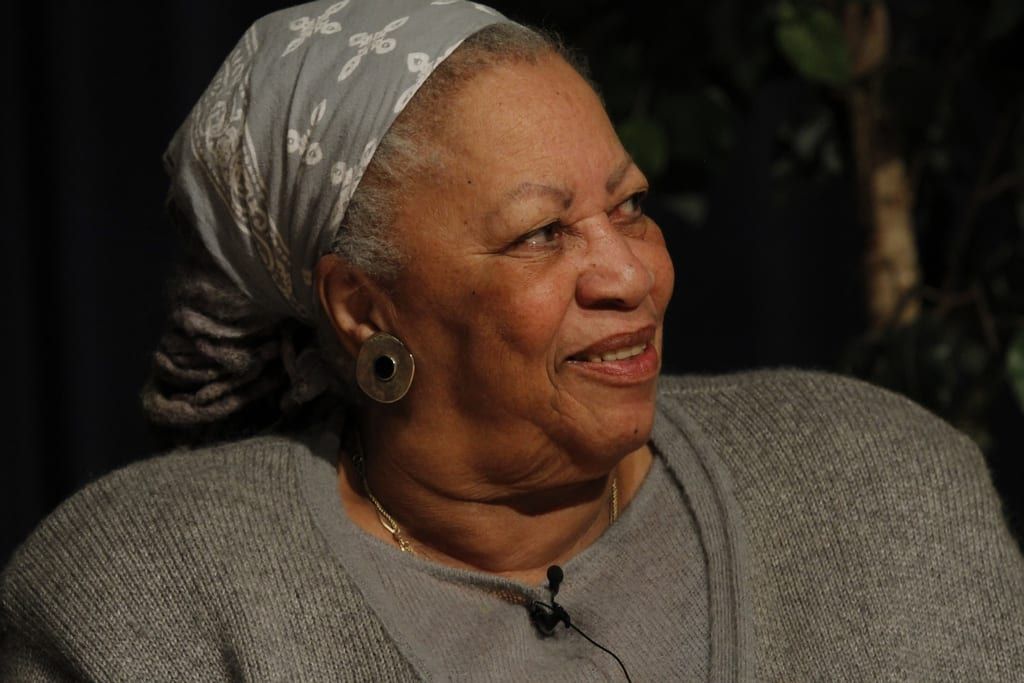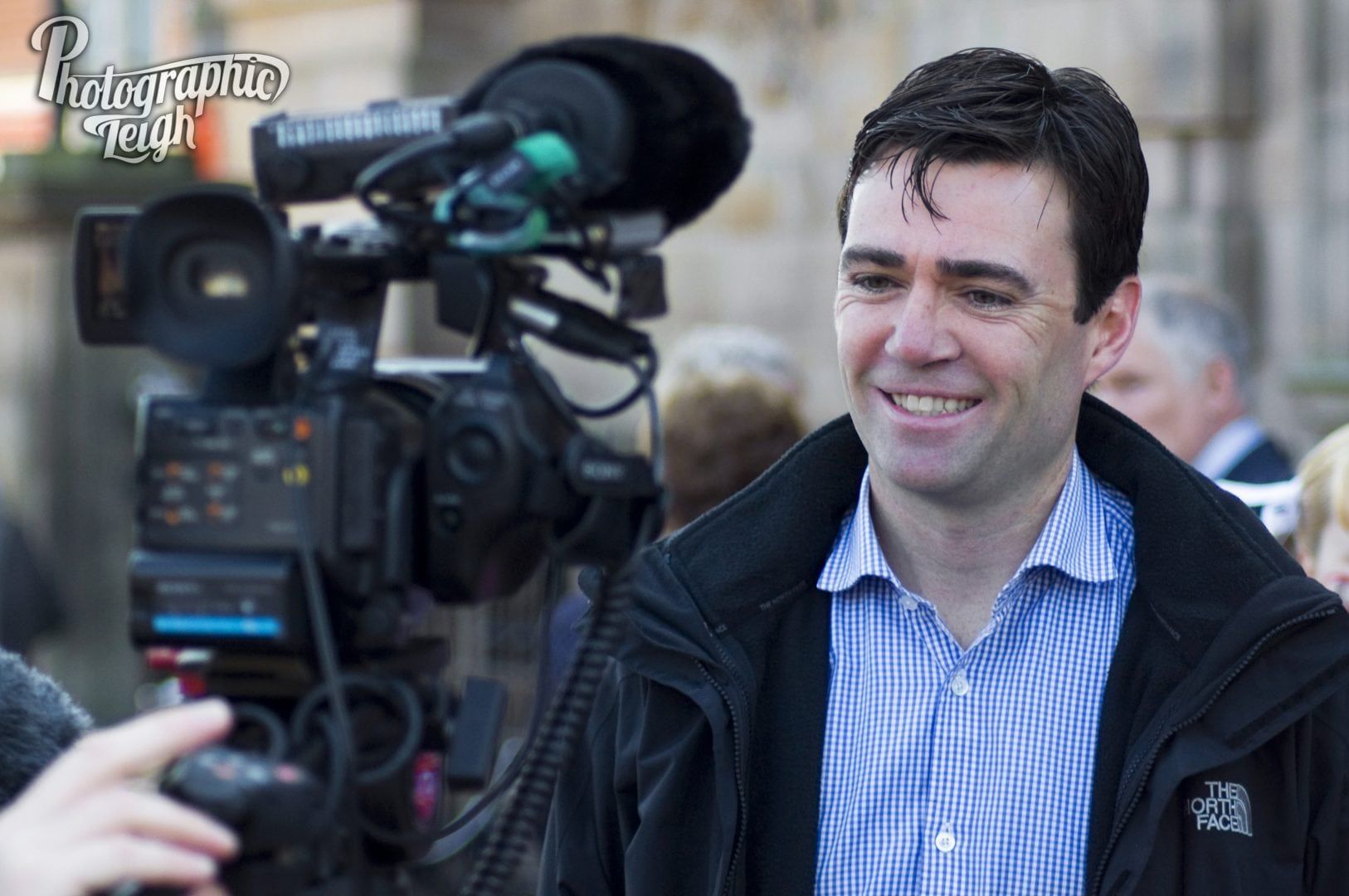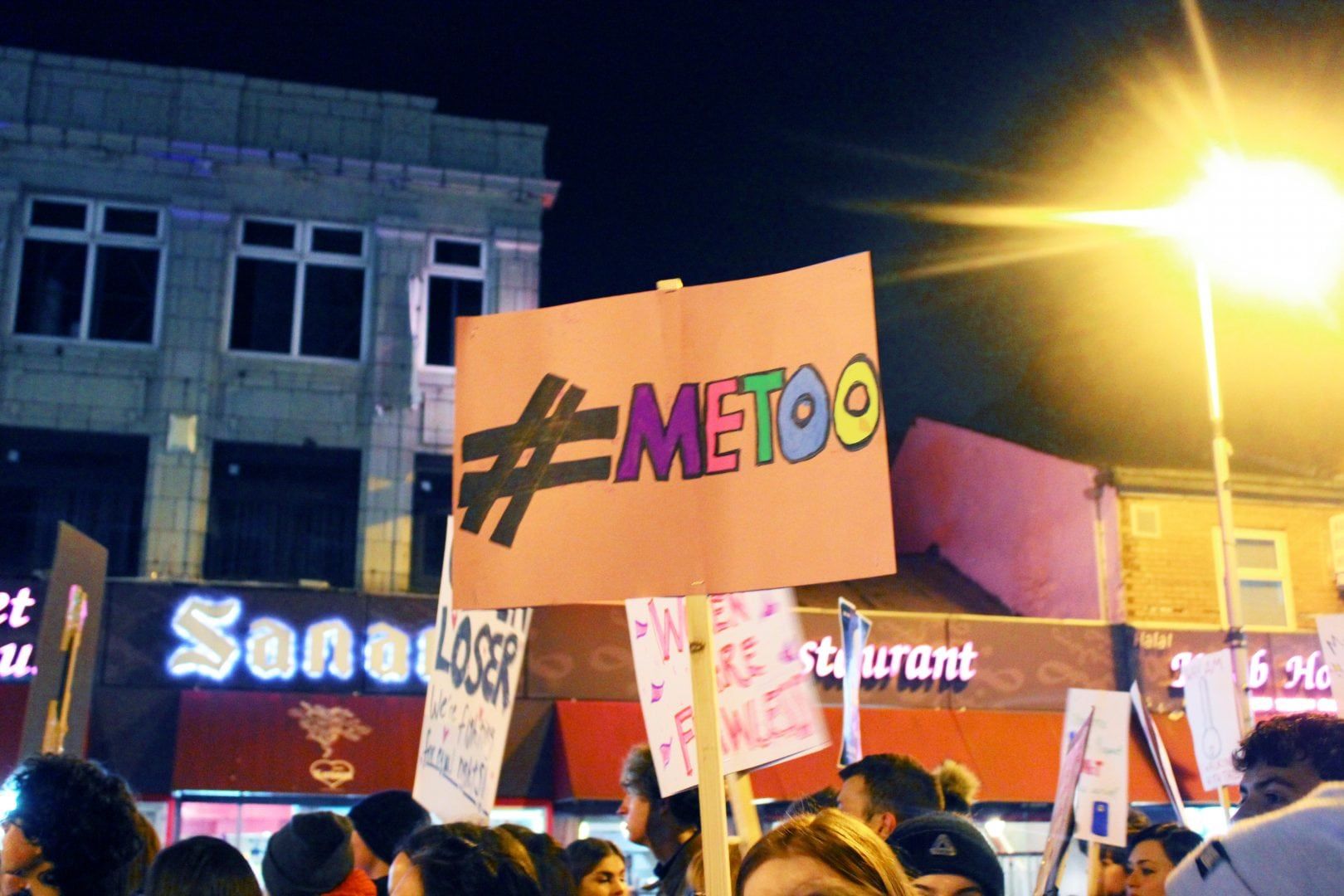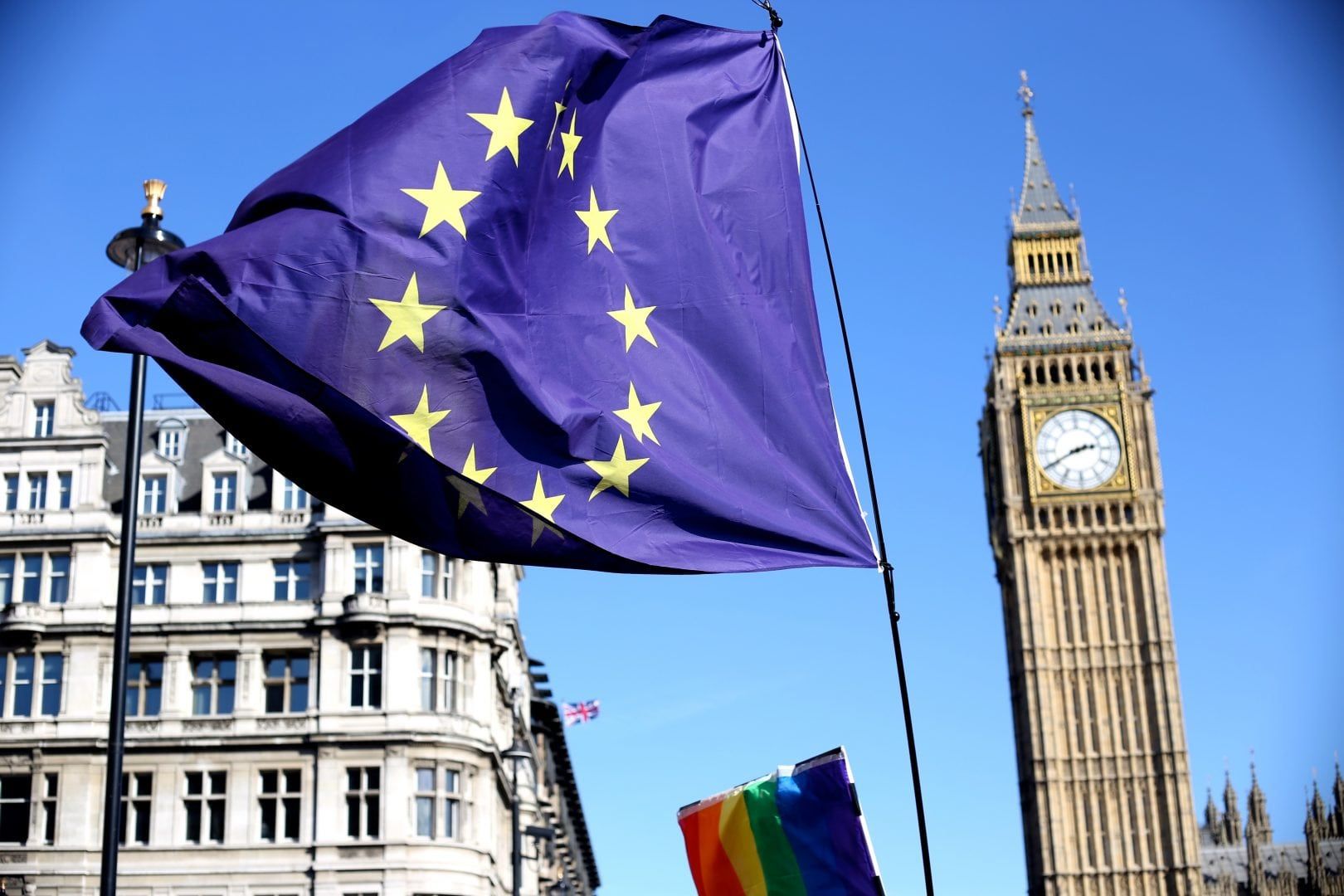Album Review: The Japanese House – Good At Falling
Electronica-inspired music has recently seemed to float to the fore across a number of album releases from bands and collectives alike. Ideas and concepts amongst this style of music can often become entangled and muddled across a desire to touch on wild ideas across the genre. However, in the dreamily composed solo project of Amber Bain (A.K.A The Japanese House), a clear understanding and passion for this genre in evident.
Following suit along a personal pathway carved throughout the last few years, the record is directed across a field of whirring electronica sound and low ambience. This, paired with Bain’s synthesised vocals and heavier drum beats, forms an animalistic soundscape that encircles tracks such as ‘went to meet her’ with an enchanting and mysterious quality. The Japanese House has always possessed a sense of mysticism, with the name itself taken from a childhood haven that clearly had a deeply profound effect on Bain and her work. There has been a constant nostalgia-driven feel to said work; the continual combination of ethereal melodies and jangly guitar riffs has been consistent across her EPs, indicating that these qualities still remain crucial to the very essence of The Japanese House.
A glimpse of this ongoing style had been seen in the 2018 single release ‘Lilo’, which explored themes of freedom and the necessity of escaping bad habits and ritualistic behaviour. The tone blends beautifully with the general aesthetic of the album’s track list, conveying Bain’s keen attention to detail and commitment in curating a sound that takes the listener along a deeply personal and emotive journey. It seems a lot of the initial walls Bain presented in her earlier work have graciously fallen down – and it’s glorious.
By the end of the album, there is a subtle change of tone. The lyrics in particular seem to reach a reflective conclusion, summarising the turbulent and emotionally-charged journey portrayed across Good At Falling. ‘Worms’ delves into a power dynamic between the expectations and realities of becoming over invested in a particular moment. In contrast, the following track ‘f a r a w a y’ acknowledges the danger of these emotions. Here, an indulgent, melancholic tone frames the lightly electronic drum beat around the track. This doesn’t act as a step back but rather, it deals with the uneasy nature of change that people confront in those moments.
Aside from interpersonal issues, the themes of space and apparent loneliness appear most frequently throughout the album. At times it seems that it entraps the lyricist rather than freeing her as she had hoped and dreamed. Each track builds upon Bain’s quest to find “her” – an entity open to interpretation. Is it in reference to a personal solace within or perhaps the solace found within the togetherness of a relationship? This speculative premise allows the album to be an apt expression of the turmoil that so often comes with navigating both love and life itself.
Good At Falling beautifully and cohesively depicts a difficult journey amongst a puzzling world of voices, opinions and the influence of environment upon the emotional state. It is intriguing to see that Bain has elaborated with the stylistics present in previous work, using this to inspire many of the choices in this LP. There are cases in which artists have jumped erratically to bridge new territory musically and lost their wayin the process. Thankfully, this is not the case with Good At Falling and it is very encouraging to see an artist like Bain continue to explore and develop their discography.
Is it a hugely progressive leap at this very moment? Perhaps not. However, it will be interesting to see the ways in which the album translates into performance considering the imagery that such sound and expression already conjures within the mind. Progression can manifest in a variety of ways and I believe this album has great potential to build a unique sonic and visual experience.
8/10.



















